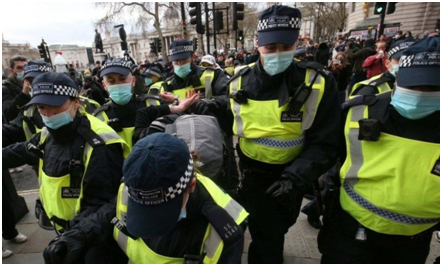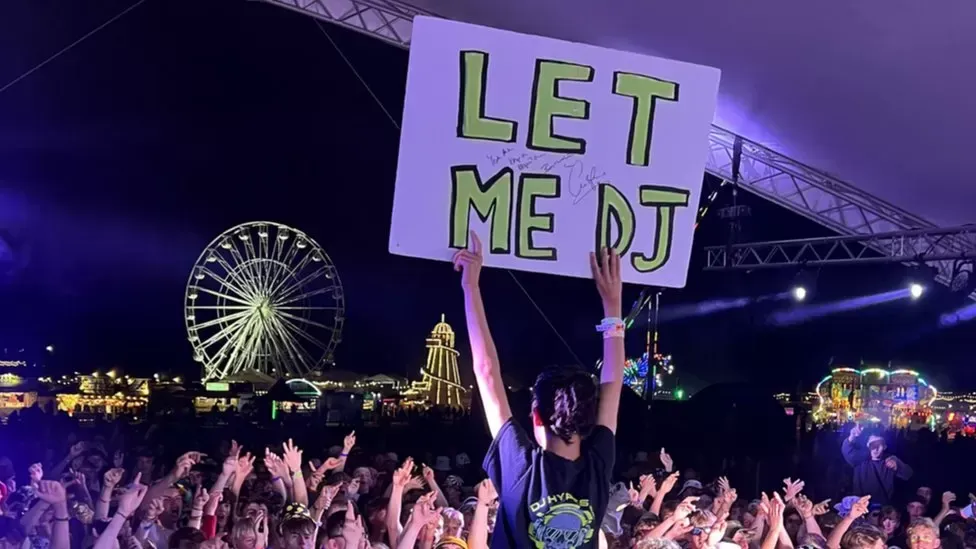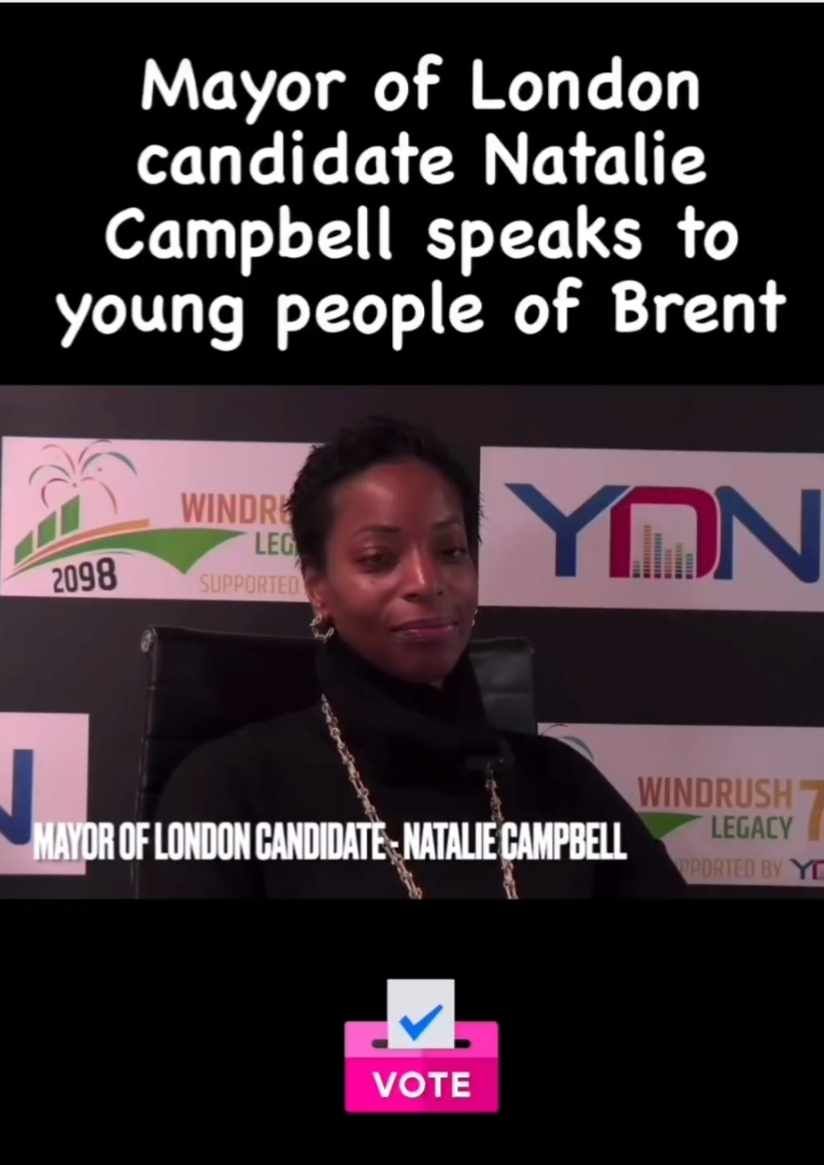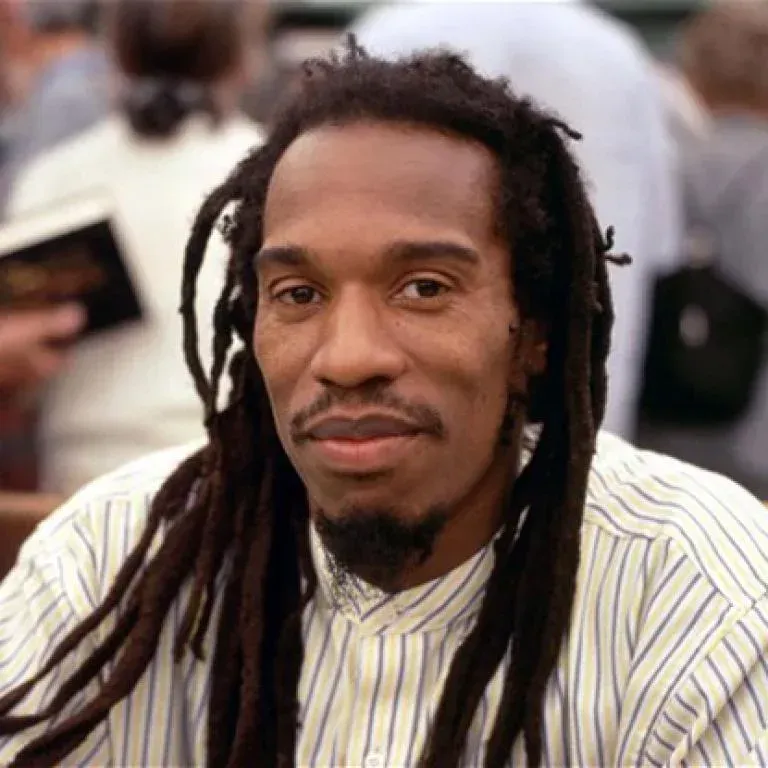Kill the Bill Protests
This is a subtitle for your new post
Several ‘Kill the Bill’ protests took place around the country recently as an important vote was held in the House of Lords on the police crime sentencing and courts bill. Activists demanded that additional measures to the new policing bill which would crackdown heavily on protests be struck down. Demonstrations took place in London, Bristol, Coventry, Newcastle, Liverpool, Manchester, Sheffield and Plymouth. Hundreds joined the ‘Kill the Bill’ protest in London marching from Holborn towards Parliament Square in Westminster. The protests were notable for uniting groups who typically organise for different causes, such as racism, gay rights or protecting the environment, showing the widespread disdain for the proposed new measures.
The bill could potentially criminalise all protest in the UK. It allows stop and search of protestors or anyone in the area of a protest, without cause, and would prevent protestors from interfering in the construction of any major infrastructure. Named people could be banned from even discussing protests on the internet even if you’ve committed no crime and the bill would have reinstated the common law offence of public nuisance which civil rights organisations warn is “incredibly broad”. The wording would make ‘any conduct which endangers the life, health, property or comfort of a section of the public’ or ‘that obstructs them in the exercise of rights belonging to the public’ a punishable offence. The whole point of protest is to obstruct the public to raise awareness for a cause and this change would essentially make that illegal.
Once the bill easily passed the House of Commons with its huge majority the government added on more legislation in the House of Lords that was even more worrying. These additions would see peaceful protestors treated as terrorists instead of criminals, actions like ‘Locking on’ i.e. attaching yourself to people, land or property would be a criminal offence, even locking arms with fellow protestors would suffice, or going equipped to lock on by having a bike lock in your bag. Obstructing the highway will be punished to an even greater degree and the police will be able to stop protestors from going to protests for many months or even years, whether or not they have been convicted of a crime. Furthermore, they would give the Home Secretary the ability to ban someone from protest for up to 5 years if they have been convicted of a protest related offence. It also allows the Home Secretary to decide where protests can take place and would stop demonstrations from being carried out in areas like Parliament Square, which has traditionally been a rallying ground for many protest movements, including the recent demonstrations in response to the brutal murder of Sarah Everard.
As the bill would rule out protests that are considered ‘too noisy’ or that might make members of the public feel uneasy we can imagine the impact it would have had on protests from the past. Were this legislation in place decades ago it likely would have prevented early gay pride marches and demonstrations against the apartheid regime in South Africa in the 70s and 80s, two important movements that led to real change. At the time many protestors were arrested but none were penalised, this bill would see hundreds thrown in jail just for marching for their rights and the rights of others. The measures have been compared to anti protest laws in undemocratic countries like Russia and Belarus by Amnesty International, and move the country towards becoming a police state. These laws clearly breech the right to freedom of expression and assembly.

The government has a habit of introducing authoritarian far right bills for example the nationality and borders bill which allows the government take away the citizenship of any British citizen so long as they could in theory obtain another country’s citizenship. A bill that essentially allows them to remove any citizen they don’t like who has sufficient foreign connections. They are using the public disdain for recent protests such as ‘insulate Britain’, who blocked highways during rush hour, to justify clamping down on any future protests against them. It is clear that the rights of individual citizens are of little importance. These changes mirror Hungary’s recent political path which saw the country being led by a far right party that used culture wars and racism to get voted into power like the Tories did with Brexit, and then once in power clamped down on the freedoms that are vital for any democracy.
These new restrictions are based on ASBOs (anti-social behaviour orders) and terrorism prevention orders. We are seeing the culmination of the invasive and laws used for years against marginalised communities. Stop and search and ASBOs (anti-social behaviour order) were used against the poor and working class, and especially working class communities of colour, for a long time and now their reach is being expanded. If the government goes unchecked their reach will be expanded further still. The same Tory MPs who are so against Covid restrictions are in favour of these restrictions on free speech simply because they don’t believe that these laws will ever affect them. Luckily a broad coalition of peers in the House of Lords including Lib Dems and less authoritarian Conservatives struck down the additions to the bill, thanks to the kill the bill movement. Hopefully with enough protest a future more liberal government may be forced to repeal the whole thing.












